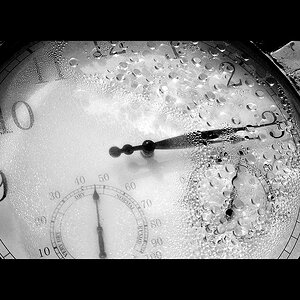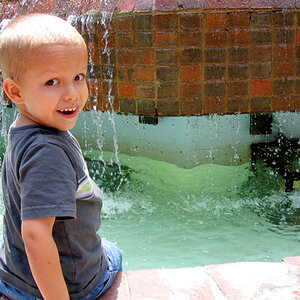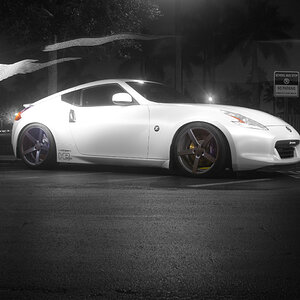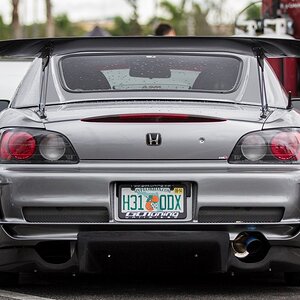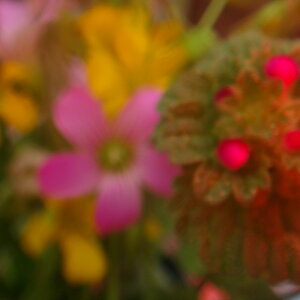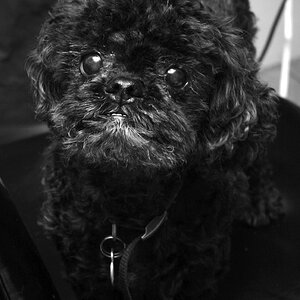- Joined
- Mar 18, 2013
- Messages
- 15,470
- Reaction score
- 15,382
- Location
- Boston
- Can others edit my Photos
- Photos OK to edit
Another thread got me thinking about technical perfection/rules vs artistic vision (yes that thread). It seems like we have a good mix on TPF of technicians and artists and everything in between. I’ve seen some photos that, while technically excellent, were just boring and others that broke so many “rules” that they were hard to look at. Just curious where you think you fall on this? I d0nt think either way is wrong or right, just different approaches.
Do you check your histogram when editing and if you do, do you ever ignore it and let your eye be the judge? Do you care if you’ve got highlights blinking if the photo looks good to you? When composing/cropping, are you thinking of compositional rules to improve it or do you crop as you like? If you’re horizon looks good right in the middle, do you move it up or down to follow the rules?
For me, I fall pretty far from the technical side of things. I have certain “rules” that I follow because that is what is pleasing to me in a photo BUT, honestly if I didn’t have a histogram when shooting or editing, I wouldn’t miss it. I rarely, if ever, use it. Same goes for a lot of posing and compositional rules. I go by what I like. Maybe that’s holding me back?
Do you check your histogram when editing and if you do, do you ever ignore it and let your eye be the judge? Do you care if you’ve got highlights blinking if the photo looks good to you? When composing/cropping, are you thinking of compositional rules to improve it or do you crop as you like? If you’re horizon looks good right in the middle, do you move it up or down to follow the rules?
For me, I fall pretty far from the technical side of things. I have certain “rules” that I follow because that is what is pleasing to me in a photo BUT, honestly if I didn’t have a histogram when shooting or editing, I wouldn’t miss it. I rarely, if ever, use it. Same goes for a lot of posing and compositional rules. I go by what I like. Maybe that’s holding me back?



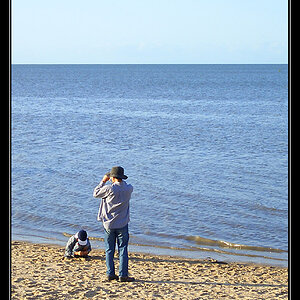
![[No title]](/data/xfmg/thumbnail/38/38263-ad5e4c9e677626ddb5b1e7cdf9ebe40e.jpg?1619738548)

